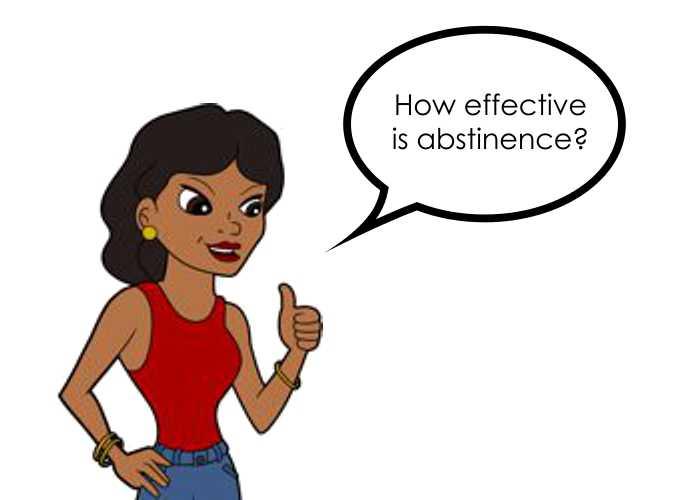STI Prevention
HIV & AIDS
Cover Image
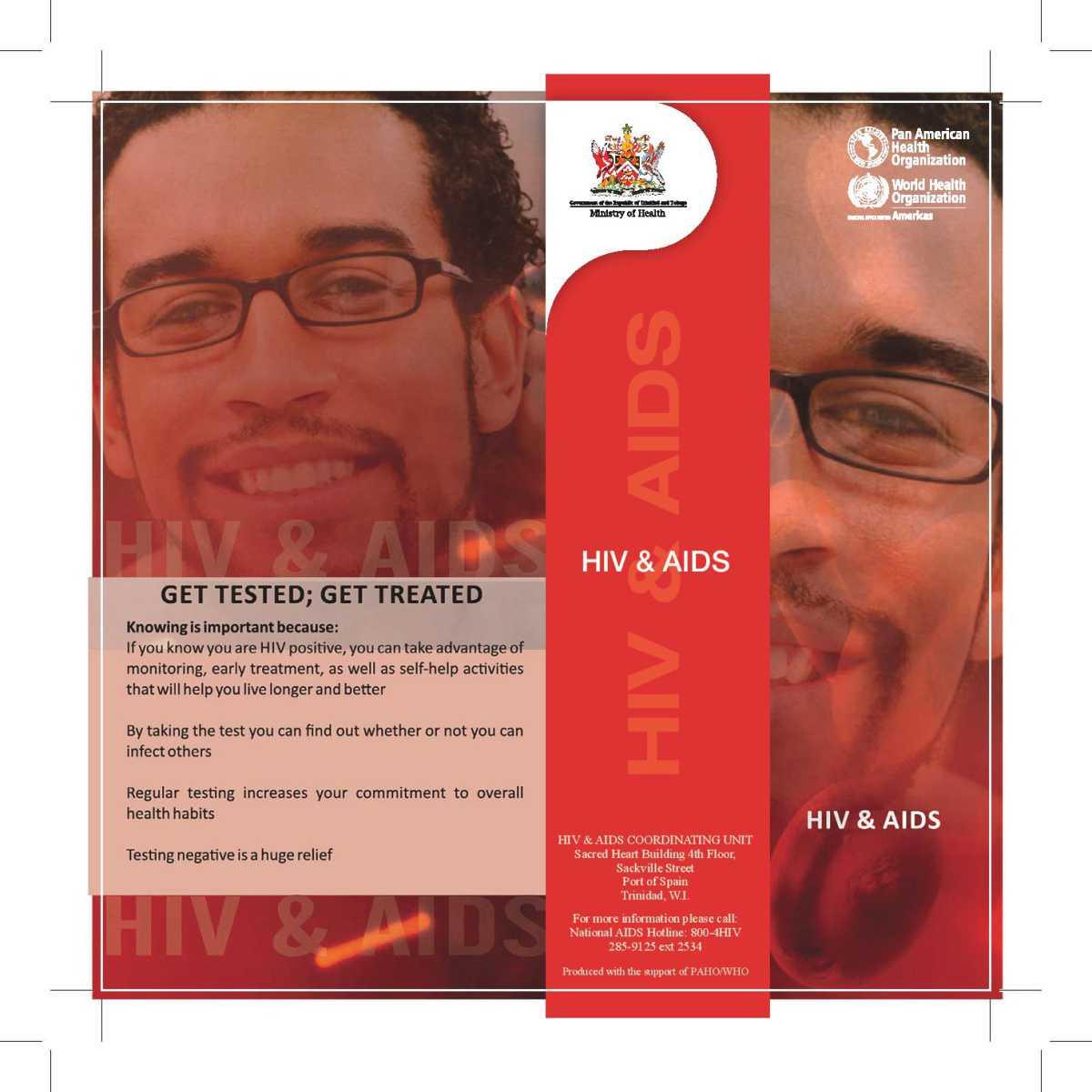
Image tooltip text
HIV and AIDS - Get tested, Get treated
If you know you are HIV positive, you can take advantage of monitoring, early treatment, as well as self-help activities that will help you live longer and better.
If you know you are HIV positive, you can take advantage of monitoring, early treatment, as well as self-help activities that will help you live longer and better.
SRH Content Image
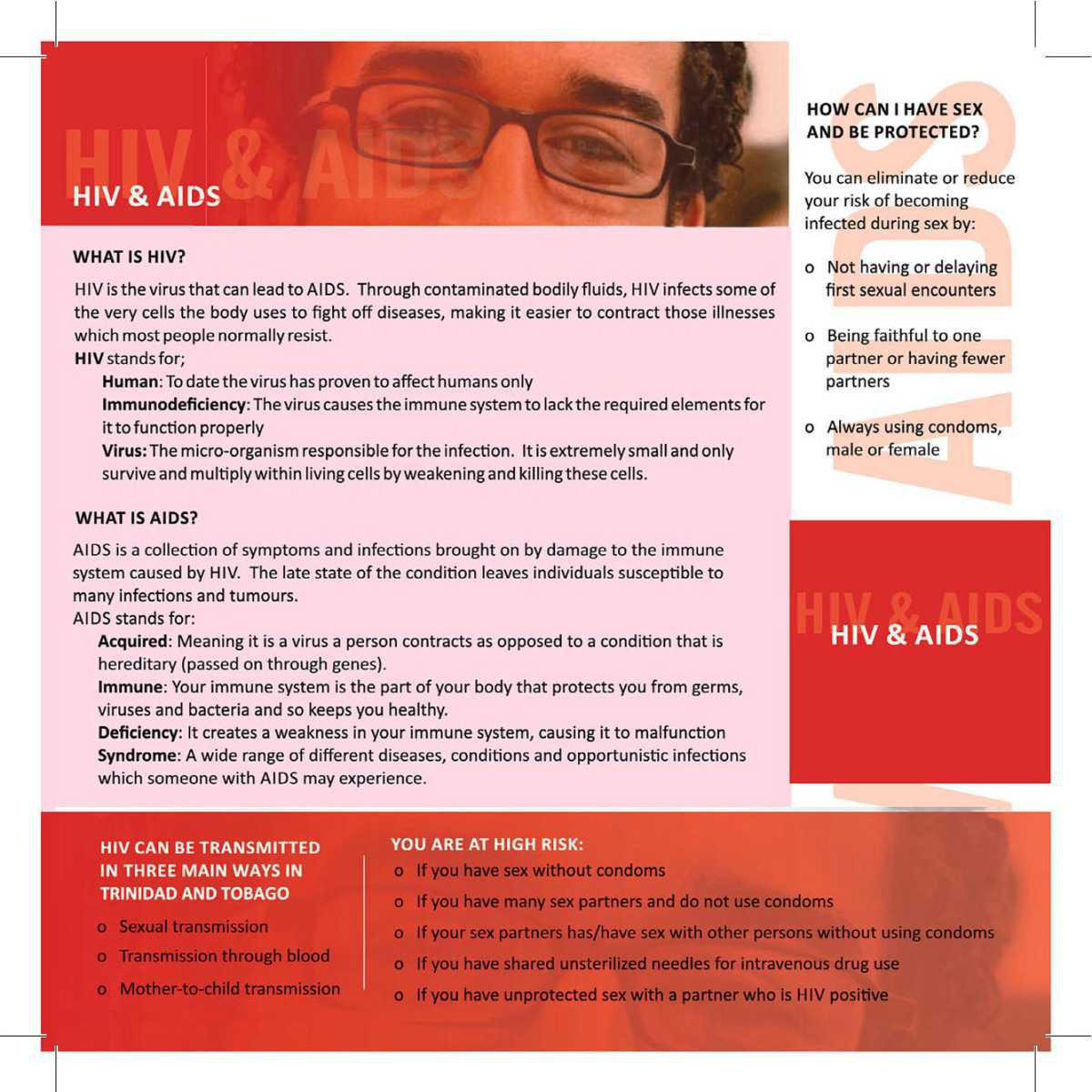
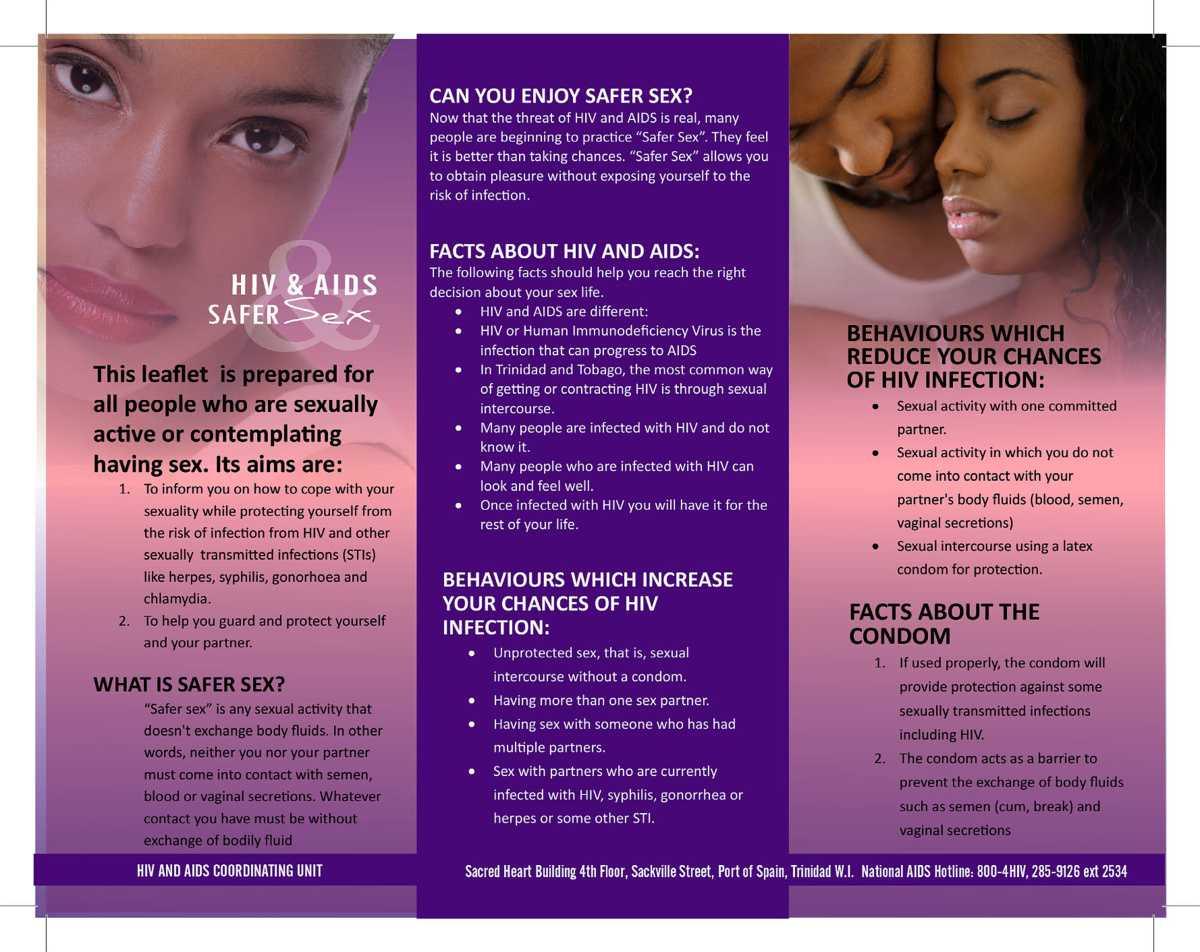
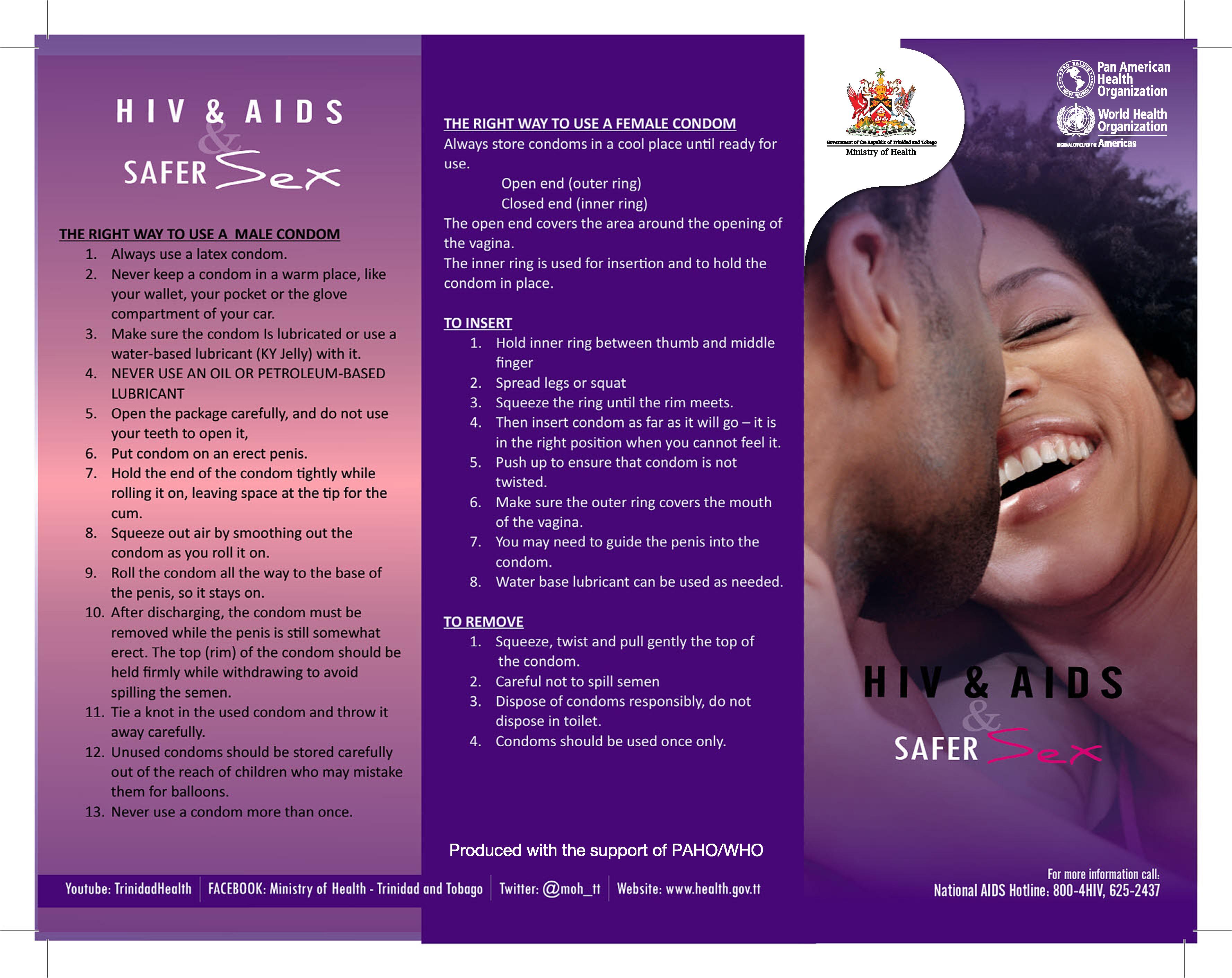
Hepatitis B
Cover Image
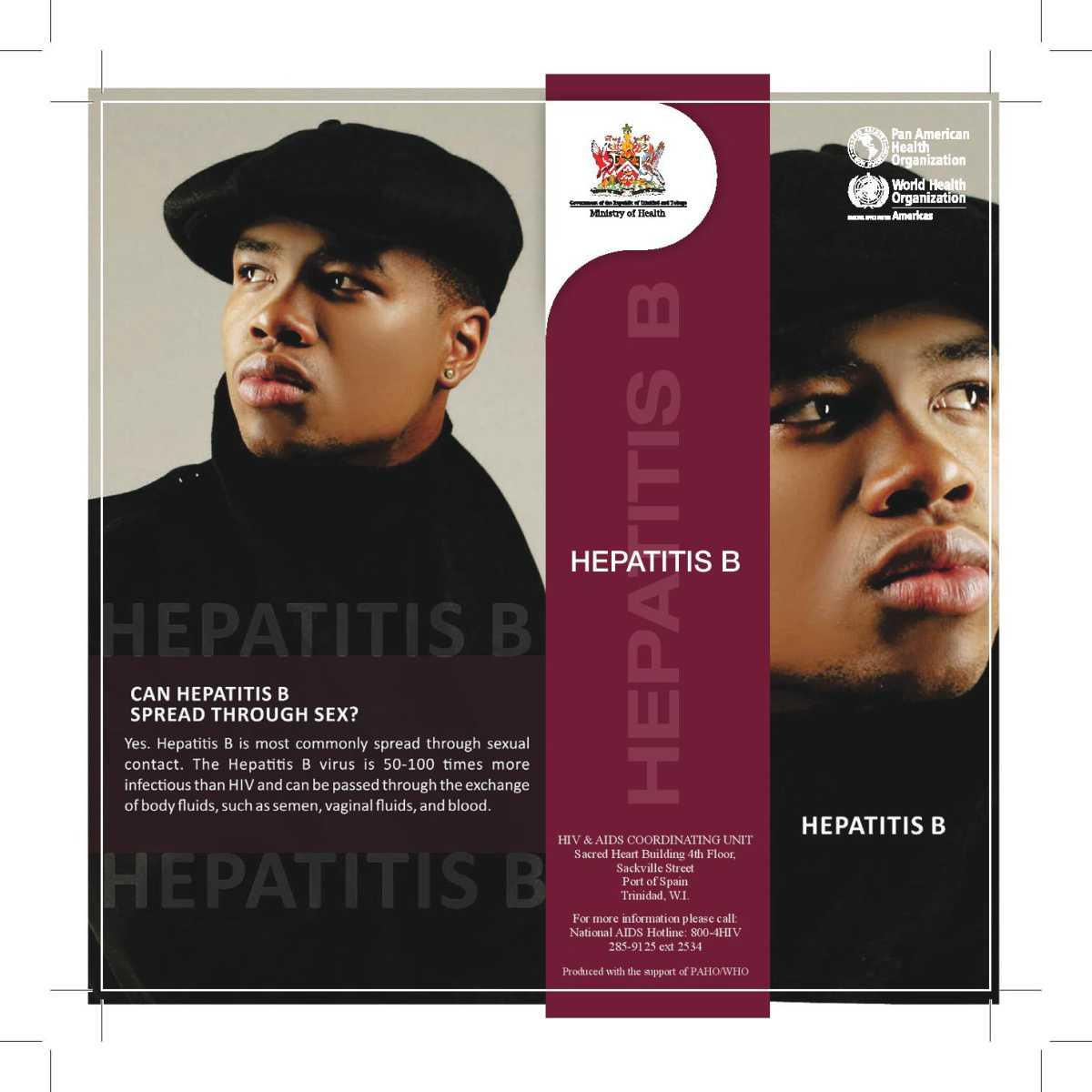
Image tooltip text
Hepatitis B: Can Hepatitis B spread through sex?
Yes. Hepatitis B is most commonly spread through sexual contact. The Hepatitis B virus is 50-100 times more infectious than HIV and can be passed through the exchange of body fluids, such as semen, vaginal fluids, and blood.
Yes. Hepatitis B is most commonly spread through sexual contact. The Hepatitis B virus is 50-100 times more infectious than HIV and can be passed through the exchange of body fluids, such as semen, vaginal fluids, and blood.
SRH Content Image
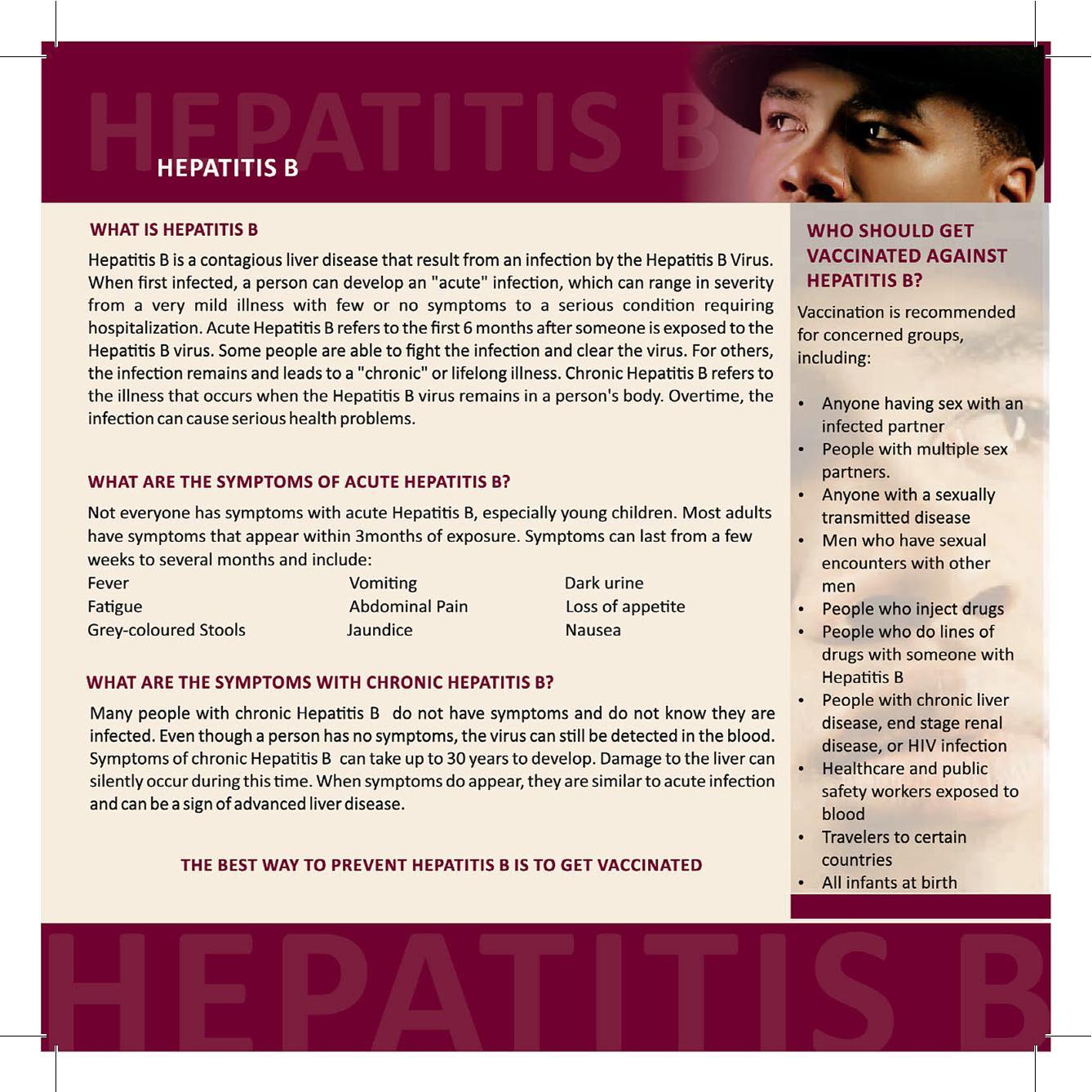
Gonorrhea
Cover Image

Image tooltip text
How is Gonorrhea prevented?
The best way to prevent gonorrhea is to abstain from sex or to be in a long-term mutually monogamous relationship with a partner who has been tested and uninfected.
The best way to prevent gonorrhea is to abstain from sex or to be in a long-term mutually monogamous relationship with a partner who has been tested and uninfected.
SRH Content Image

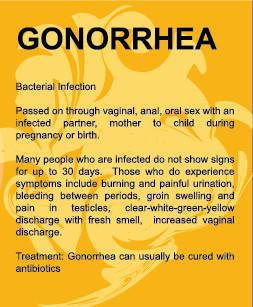
Chlamydia
Cover Image
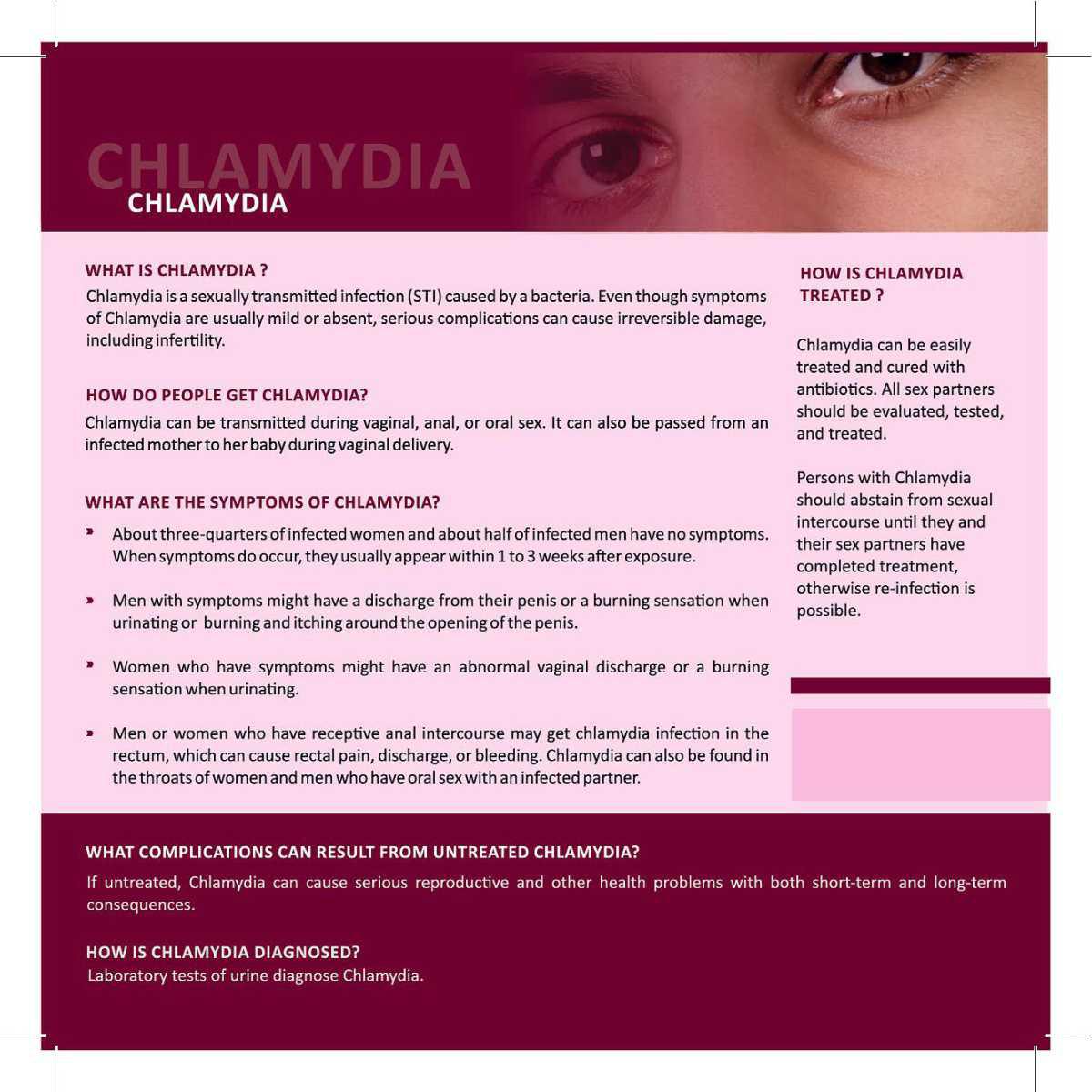
Image tooltip text
What is Chlamydia?
Chlamydia is a sexually transmitted infection (STI) caused by a bacteria. Even though symptoms of Chlamydia are usually mild or absent, serous complications can cause irreversible damage, including infertility.
Chlamydia is a sexually transmitted infection (STI) caused by a bacteria. Even though symptoms of Chlamydia are usually mild or absent, serous complications can cause irreversible damage, including infertility.
Condom Rules!
Cover Image

Image tooltip text
Make Sure You Know the Condom Rules

